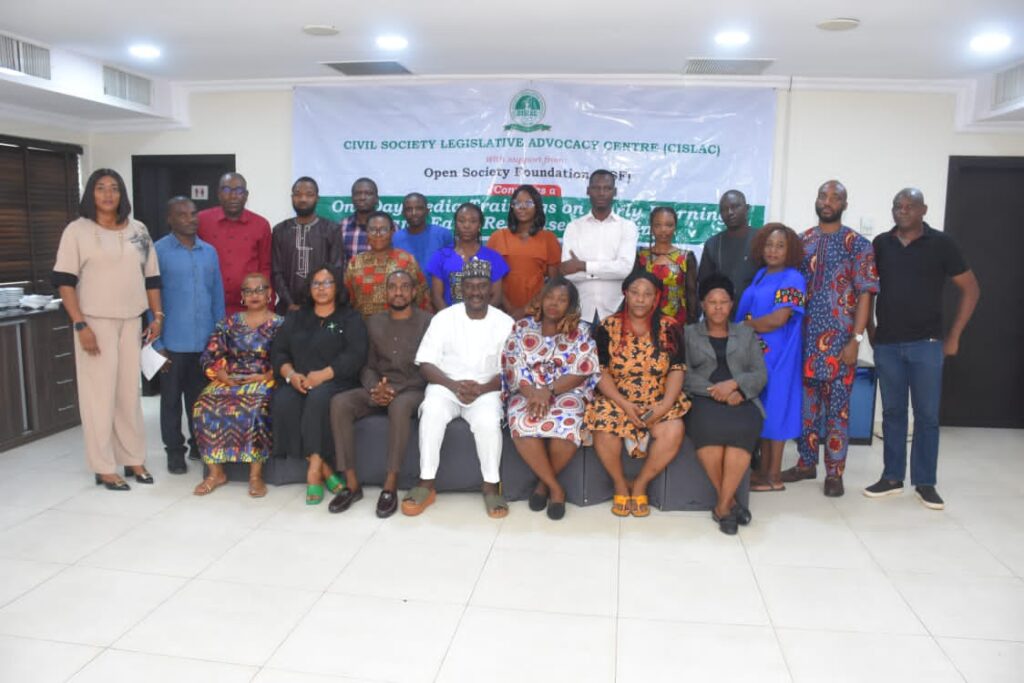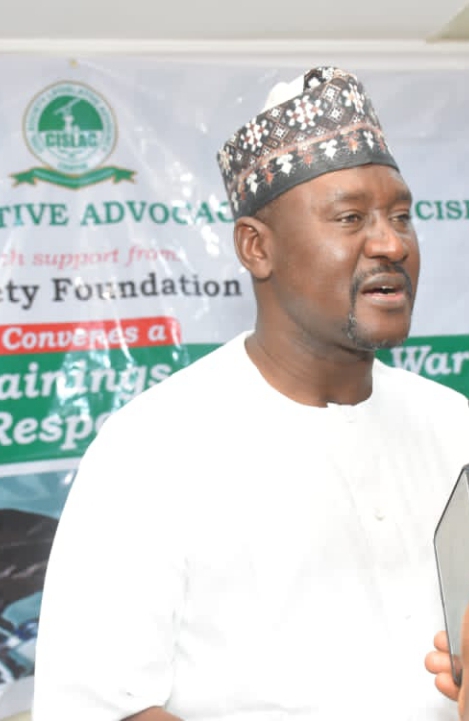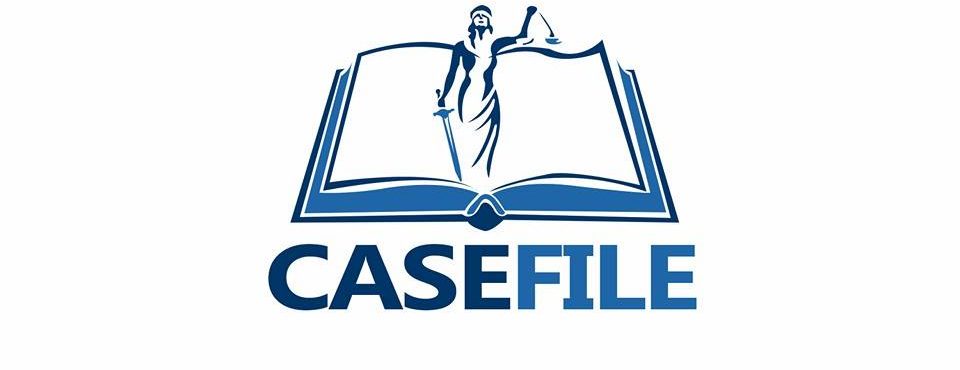Improving the protection of civilians through collaboration has been identified as the strategy for preventing harm, loss of lives/properties and de-escalating crises in Lagos State, or Nigeria at large.
Championing this cause are the Civil Society Legislative Advocacy Centre, CISLAC, Transparency International In Nigeria, TI-Nigeria, with support from Open Society Foundation Africa, OSF-Africa.
But CISLAC/TI is not doing this alone, as it is set to walk the talk with trained Early Warning Community Observers to complement the role of internal security agencies.
To achieve this, community observers, traditional community/religious leaders and the media amongst others, are poised to signal necessary alarm in order to prevent threats of conflict from escalating in Lagos State.
Not left out is the media which would marshal responsible journalism that could identify conflict trends and tendencies in story development and analysis as this could not be overemphasise in conflict sensitive reporting which is believed would de-escalates tensions and unwary public agitations.
This resolution was hinged on the communique reached with not less than 30 participants including the media in Lagos at a one day workshop on Friday, titled Early Warning Early Response Reporting, EWER.

According to the participants, “Strict adherence to social justice, ethical standards and equity in early conflict detection and reporting to demonstrate objectivity in analysis and restore public confidence, while facilitating timely response to Early Warning signals.”
The resolutions reached centered on de-escalating conflict through value judgement in investigative journalism for a well-balanced, verifiable and conflict sensitive reporting, giving cognisance to the media accountability and responsibilities towards the public. Leveraging Early Warning system in verifiable information and data gathering to fortify accurate reporting that elicits comprehensive and timely response to conflict signals. Developing a valid perspective in information interpretation, processing and analysis to promote factual and verifiable reporting that elicits early response from relevant authorities. Embracing interpretative reporting through human-angle information presentation to deepen understanding and engender all-inclusive response to early warning signals. Understanding patterns of interpretative reporting in Early Warning Early Response, system through proactive background checking, context building, precedence tracing, causes and effects analysis, story localisation and presentation of diverse opinions and preventing conflict-sensitive information accessibility to undesirable elements in the society to avert unscrupulous exaggeration, improper interpretation, partisanship and nepotism.
The group Executive Director, CiSLAC, Auwal Ibrahim Musa (Rafsanjani) in his remark expressed worries that Lagos State in particular, is bedevilled with clashes between indigenes and non-indigenes on the basis of ethnic differences and more intense is this challenge giving the recently conducted general elections.
He continued,”Therefore, information provided to the public must remain objective and devoid of sensations that are potential triggers to conflict or violence. Under this project, CISLAC will be complementing the role of internal security agencies by building well-informed and vibrant Early Warning Community Observers in Lagos State, which will be representing the South-West, to enhance collaboration, build trust and ownership with state security institutions, community leaders and community security structures, using the EWER system as a vehicle, to prevent threats of conflict from escalating. We therefore call on the media to collaborate with CISLAC to improve protection of civilians in Lagos State and in Nigeria through objective and conflict sensitive reporting.”
Following a presentation facilitated by Mr. Ikem Okuhu, titled, ‘Media and Effective Early Warning and Early Response Mechanisms: Conflict Sensitive and Objective Reportage’, journalists brainstormed at a technical session and made these observations:

Policy makers and decision-makers have hitherto demonstrated little commitment and resources towards adequate and timely response to Early Warning signals in Nigeria. Discouraged and poorly remunerated personnel across the security and other responding agencies backpedals effort at institutionalising efficient system and functional mechanism in response to early conflict signals.
Lack of transparency and accountability in governance, inactive Constituency Offices across the six geo-political zones in the country coupled with the unattended but growing social injustice hamper Early detection and adequate response to conflict signals at community levels. While media constitutes a major stakeholder in Early Warning and Early Response process, objective and conflict sensitive reporting is key to discourage public tension and provocation, while unlocking the potential for peaceful co-existence and socio-political stability in Nigeria.


